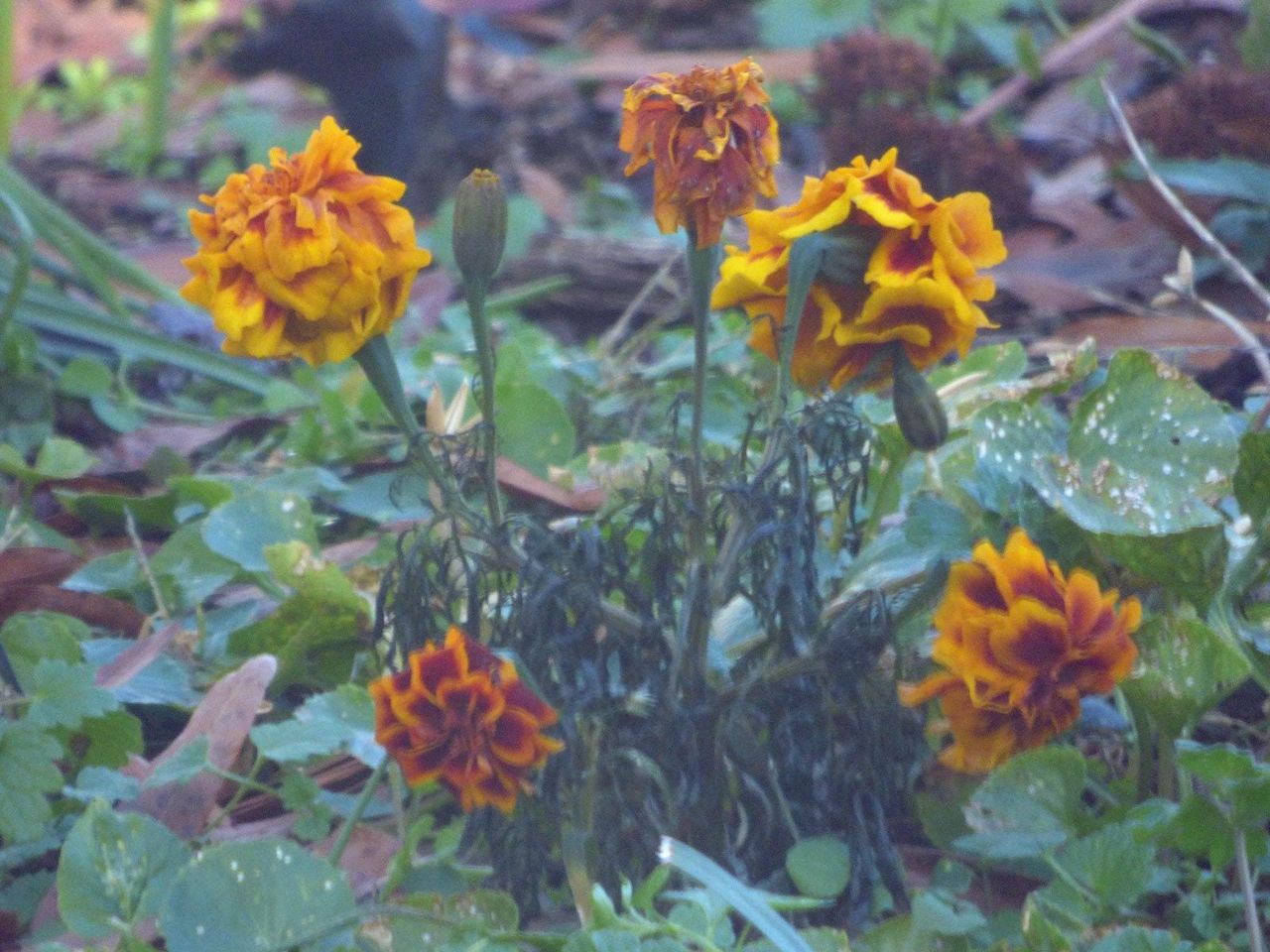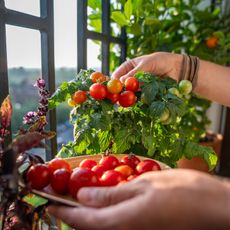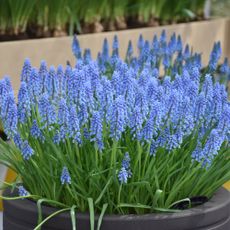Does Weather Affect Plant Growth: Effect Of Temperature On Plants


Does weather affect plant growth? It sure does! It’s easy to tell when a plant has been nipped by frost, but high temperatures can be every bit as harmful. However, there is a considerable disparity when it comes to temperature stress in plants. Some plants wilt when the mercury begins to climb, while others are at their best in extremes that would leave weaker plants begging for mercy.
How Does Temperature Affect Plant Growth?
High temperatures affect plant growth in numerous ways. The most obvious are the effects of heat on photosynthesis, in which plants use carbon dioxide to produce oxygen, and respiration, an opposite process in which plants use oxygen to produce carbon dioxide. Experts at Colorado State University Extension explain that both processes increase when temperatures rise. However, when temperatures reach uncomfortably high limits (which depends on the plant), the two processes become unbalanced. Tomatoes, for example, get into trouble when temperatures exceed about 96 degrees F. (36 C.). The effect of temperature on plants vary widely, and is influenced by factors such as exposure to sunlight, moisture drainage, elevation, difference between day and night temperatures, and proximity to surrounding rock structure (thermal heat mass).
Does Temperature Affect Seed Growth?
Germination is a miraculous event that involves a number of factors that include air, water, light, and, of course, temperature. Germination increases in higher temperatures – up to a point. Once the seeds reach optimum temperatures, which depends on the plant, germination begins to decline. Some plant seeds, including cool season vegetables like lettuce and broccoli, germinate best in temperatures between 55 and 70 degrees F. (13-21 C.), while warm season plants such as squash and marigolds, germinate best when temperatures are between 70 and 85 degrees F. (21-30 C.). So whether it’s extreme heat or cold, temperature does affect plants and their growth. This is one of the reasons why it’s important to check a plant’s hardiness and see if it is compatible to your particular growing zone. Of course, where Mother Nature is concerned, even when grown in optimal conditions, you cannot control the weather.
Gardening tips, videos, info and more delivered right to your inbox!
Sign up for the Gardening Know How newsletter today and receive a free copy of our e-book "How to Grow Delicious Tomatoes".

A Credentialed Garden Writer, Mary H. Dyer was with Gardening Know How in the very beginning, publishing articles as early as 2007.
-
 Best Tomatoes For Containers: 10 Tastiest Varieties For Plentiful Produce In Compact Areas
Best Tomatoes For Containers: 10 Tastiest Varieties For Plentiful Produce In Compact AreasThese are the best tomatoes for containers that prove you don't need to have a large space or elaborate garden to grow delicious produce.
By Bonnie L. Grant
-
 Ultimate Potted Flowers For Spring: 8 Brilliant Blooming Options for Spring Containers
Ultimate Potted Flowers For Spring: 8 Brilliant Blooming Options for Spring ContainersCelebrate the most uplifting of seasons with the most dazzling container flowers imaginable. Here, we present some of the loveliest potted flowers for spring…
By Tonya Barnett